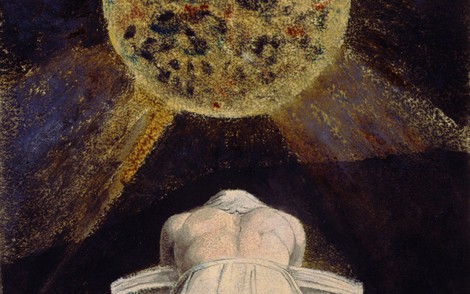Your podcast discovery platform
Curious minds select the most fascinating podcasts from around the world. Discover hand-piqd audio recommendations on your favorite topics.

piqer for: Global finds Technology and society Health and Sanity
Nechama Brodie is a South African journalist and researcher. She is the author of six books, including two critically acclaimed urban histories of Johannesburg and Cape Town. She works as the head of training and research at TRI Facts, part of independent fact-checking organisation Africa Check, and is completing a PhD in data methodology and media studies at the University of the Witwatersrand.
The Ascension Of AI
Even in data, language matters. In this gentle and powerful essay from Farady Institute fellow Beth Singler, she explores — and pushes against — the neo-religiosity of the lexicons of modern data pundits: gurus, prophets... And, of course, the rather Christian terms under which we (by which I mean society, and the pundits) tend to discuss our hypothetical future together with an imagined Artificial Intelligence (I say imagined because it is still, literally, beyond our conception), from a sort of Dante-mech version of hell under super-intelligent machine overlords, to the eternal life of the singularity itself.
It is a thought-provoking and well-constructed work. Singler writes it, in a sense, because she is aware that so many of those people involved in data, in coding, AI, and so on, overtly reject organised religion or any sort of theism, while actively creating and promoting their own gods. Her wry questioning of this is refreshing, even humorous, and both deserved and overdue.
Beyond the responses it provokes, I also found the essay to be rather useful in its ontology, and its literal dictionary. I enjoyed the way she explained The Singularity, and defined it, rather than leaving us to what I assume are our own rather disparate half-baked ideas of what constitutes "learning" versus intelligence, for example. So, not just food for thought but also a useful primer on AI and Machine Learning concepts.
If we have any hope of a less-terrifying AI future, then we need (more of) this kind of thinking, and not just better algorithms.

AI is a difficult thing for the common man to understand when he can barely make sense of his own intelligence. "Computer says..." was one of the old gospel "higher machine intelligence" lines uttered in early TV series and movies, and today I don't believe people are any the wiser or aware of the differences between what could be done in 1985 and now.